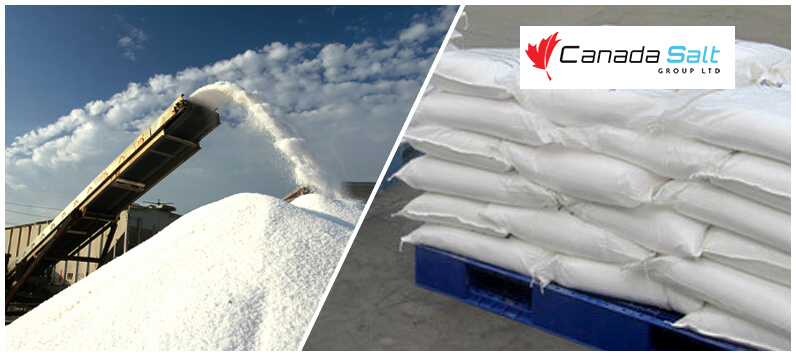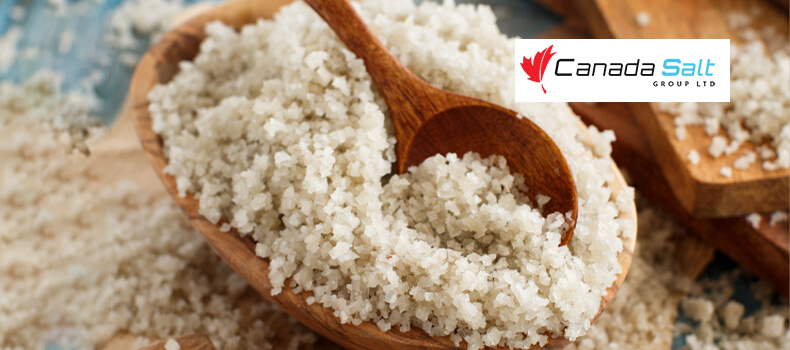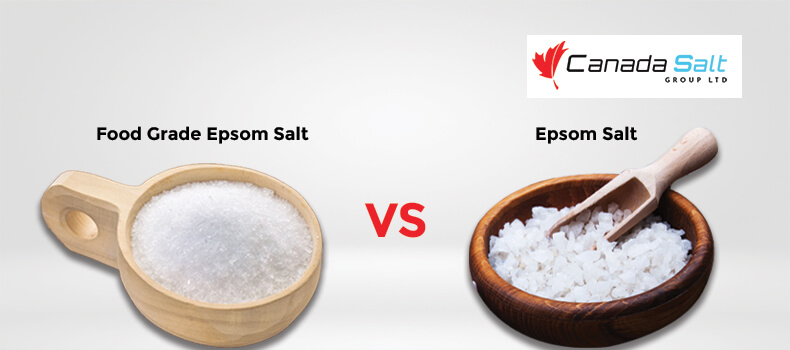Bulk Buying vs Smaller Orders: Most Cost-Effective Salt Solution for Your Business
In the competitive purchasing market, the choice between buying the salt in bulk and smaller orders impacts the business significantly. Especially when it is buying salt, the choice depends on influencing costs, operational efficiency, and inventory management. In this article, we will explore the complexities involved in bulk buying vs smaller orders, which helps businesses find the most effective salt buying options according to their needs.
Understanding Bulk Buying vs Smaller Orders
Benefits of Bulk Buying
Most of the advantages of salt solutions can be obtained in bulk buying. Bulk buying can save you substantial costs per unit. Suppliers often provide discounts for large quantities to take advantage of economies of scale. Another thing to observe is that buying in bulk reduces the order frequency, streamlining the purchasing process and thereby decreasing the administrative overhead. Moreover, sufficient inventory helps in the continuity of operations, which mitigates supply chain disruptions and stockouts.
Advantages of Smaller Orders
While buying in bulk offers numerous advantages, smaller orders also have some benefits. One main benefit of smaller orders is flexibility, which enables businesses to adapt easily to demand fluctuations and market dynamics. Small orders can prevent inventory stagnation, which reduces the risk of wastage and spoilage. For small and medium-sized companies, small orders can help preserve liquidity and financial stability and also require very little financial investment.
Factors Influencing the Decision
Cost Considerations
Cost is the most important part of determining the reliable procurement strategy for salt solutions. Buying in bulk can save cost per unit, but businesses must evaluate total acquisition costs, including handling, storage and depreciation expenditure. Small orders can be more cost-involved compared to bulk buying but offer great flexibility. The risk of overstocking can be reduced in smaller orders.
Inventory Management
Effective inventory management is essential for improving procurement processes. When buying in bulk, it’s important to forecast inventory needs accurately and have sufficient storage space to avoid more inventory or items becoming outdated. On the other hand, smaller orders require quick and adaptable inventory replenishment systems to ensure that stock levels stay optimal without spending too much on carrying costs.
Selecting the Optimal Salt Solution Strategy
Analyzing Business Needs
Businesses must analyze their operational requirements, budget limitations, and market dynamics before implementing any procurement strategy. Businesses can improve their flexibility and resource allocation by planning procurement decisions with strategic objectives.
Customizing Solutions
Companies should consider making their own formulations designed for their specific needs and operational requirements to save money on salt solutions. Working closely with suppliers to create custom formulas can improve how well the product works and build strong, lasting relationships built on trust and teamwork.
Conclusion
When purchasing salt solutions, buying in bulk or smaller quantities can significantly impact a company’s expenses, flexibility, and competitive edge. By carefully weighing costs, managing inventory efficiently, and aligning strategies, businesses can effectively manage their salt solution procurement, gaining value and adaptability in today’s constantly changing market. If you are a business looking to buy bulk salt or bagged salt for your industrial requirements, we can help! At Canada Salt Group Ltd, we provide salt and salt products for various businesses. Contact us for a free quote.





